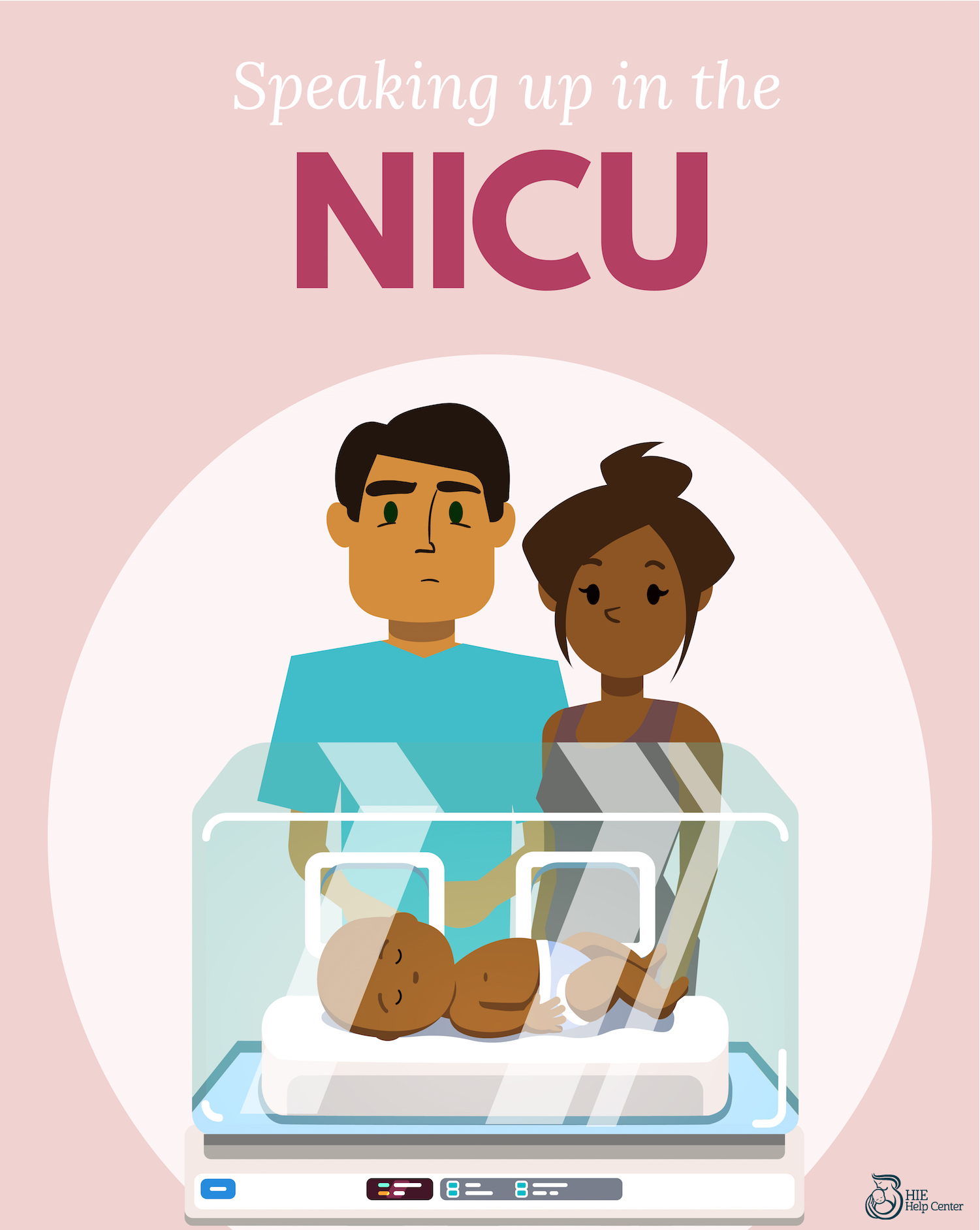Sometimes, parents of babies in the neonatal intensive care unit (NICU) have concerns about their babies’ treatment, but are hesitant to discuss these with doctors and other medical staff.
Research published in the Journal of Obstetric, Gynecologic & Neonatal Nursing elucidates factors that influence parents’ willingness to speak up in the NICU. Audrey Lyndon and colleagues conducted a study on parent behavior and perspectives in an open-bay NICU environment. They asked 46 research subjects to complete questionnaires with quantitative questions asking them to rank their likelihood of expressing concern in a hypothetical scenario involving poor clinician hand hygiene. Lyndon et al. also included free-response qualitative questions, observed parents’ actions, and conducted interviews with 14 subjects.
To speak up or not to speak up?
75 percent of the parents said they were “likely” or “very likely” to say something about this issue. However, that left 25 percent of parents that reported themselves as unlikely to speak up in response to this potentially very dangerous scenario. Almost all of the parents in this study knew that a lack of hygiene is potentially harmful, so the researchers were able to rule out a lack of awareness as an explanation for this reluctance to say something.
Instead, Lyndon et al. found that parents sometimes chose silence as a practical strategy. They worried that complaining would create tension with medical professionals they needed to interact with every day. More alarmingly, some parents were concerned that speaking up would anger clinicians so much that they would begin to provide more substandard care. Many of the subjects said their choices would be influenced by:
- How serious they thought the threat to the baby was
- How approachable the clinicians seemed
- How likely it was that someone else would intervene if they didn’t
Medical professionals should include parents as much as possible
Lyndon et al. stress that theirs is not the first study to identify specific factors influencing a willingness to speak up in a hospital environment. They write that “stronger appreciation is needed from clinicians and hospital systems of how integral patient experience is to patient safety.” Moreover, they state that medical professionals should make a habit of:
- Asking parents how they would like to be involved
- Encouraging them to voice any concerns
Finally, the authors suggest that including parents in the design of feedback systems could improve the experiences of future NICU parents and the quality of care given to their infants.
Are you struggling to communicate in the NICU?
Check out these helpful tips on advocating for your NICU baby, from former obstetrical nurse Andrea Shea. Two of Andrea’s own children spent time in the NICU, so she sees things from a parent’s perspective.
About HIE Help Center
HIE Help Center is run by ABC Law Centers, a medical malpractice firm exclusively handling cases involving hypoxic-ischemic encephalopathy (HIE) and other birth injuries since 1997.
If you suspect your child’s HIE may have been caused by medical negligence, contact us to learn more about pursuing a case. We provide free consultations, during which we will inform you of your legal options and answer any questions you have. Moreover, you would pay nothing throughout the entire legal process unless we obtain a favorable settlement.
You are also welcome to reach out to us with inquiries that are not related to malpractice. We cannot provide individualized medical advice, but we’re happy to track down informational resources for you.
Source
Lyndon, A., Wisner, K., Holschuh, C., Fagan, K. M., & Franck, L. S. (2017). Parents’ perspectives on navigating the work of speaking up in the NICU. Journal of Obstetric, Gynecologic & Neonatal Nursing, 46(5), 716-726.



Leave a Reply
You must be logged in to post a comment.